By DLLC – Law Firm in Singapore
Game-Changer for SMEs: Platform Workers Bill Passed – What It Means for Your Business
In a landmark move, Singapore has redefined the way platform-based businesses operate. The newly passed Platform Workers Bill 2024 introduces a radical shift for companies engaged in ride-hailing and delivery services. For SMEs relying on these platforms, this Bill doesn’t just change how you classify workers–it reshapes the future of your workforce and operational costs.
Gone are the days of grey areas between freelancers and employees. SMEs must now prepare for new obligations–CPF contributions, injury compensation, and formal worker representation–ensuring that the gig economy remains sustainable and fair.
The Third Category: “Platform Workers” and What It Means for SMEs
The Bill introduces Platform Workers as a distinct class, placing them somewhere between traditional employees and freelancers. If your SME operates in or relies on ride-hailing or delivery services, it’s time to pay attention.
Who are Platform Workers?
Platform Workers are individuals providing services like ride-hailing or deliveries under a platform’s control. They:
- Work under agreements with Platform Operators (businesses offering these services).
- Are subject to operational controls—how tasks are assigned, and payments determined.
What’s Expected of Platform Operators?
If your SME uses algorithms, automated systems, or controls workers in this space, you likely qualify as a Platform Operator. The Bill requires you to:
- Self-assess and register with the Ministry of Manpower (MOM) by January 2025.
- Ensure compliance with new CPF and insurance obligations.
CPF Contributions: A New Cost for Your Business
The biggest shift for SMEs? Platform Workers will now receive CPF contributions—just like regular employees. Over the next five years, these contributions will be gradually increased to match standard employee rates. This means:
- Increased costs for Platform Operators, with contributions rising by up to 3.5% per year.
- A transitional support scheme for lower-income workers to help them adjust without slashing take-home pay.
- For SMEs, the impact is clear: budget for these changes now, or risk being caught off-guard when CPF obligations hit.
Work Injury Compensation: Protecting Your Workforce
Work injuries are an unavoidable risk in platform services, and now SMEs will be responsible for providing Work Injury Compensation (WIC) insurance. This is a major shift—Platform Workers will receive the same protections as full-time employees, and businesses will face greater liabilities if workers are injured on the job.
Prepare your business by ensuring proper insurance coverage and understanding your legal obligations under this new framework.
Worker Representation: A New Voice for Platform Workers
In a move that mirrors trade unions, Platform Workers will now have the right to collective representation. New Platform Work Associations (PWAs) can negotiate with Platform Operators, influencing working conditions, payment structures, and more. SMEs should be ready to engage with these associations—this could alter your workforce dynamics and introduce negotiation processes previously reserved for traditional employment sectors.
What You Need to Do Now
For SMEs, this is not just a change in law—it’s a reimagining of workforce management. Here’s what you need to do:
- Assess Your Business – Determine if you qualify as a Platform Operator and notify MOM if necessary.
- Prepare for CPF Contributions – Start planning for increased financial obligations to CPF, especially for younger workers.
- Secure WIC Insurance – Ensure you’re covered to protect workers from job-related injuries.
- Engage with Worker Representation – Stay informed about PWAs and be prepared to negotiate.
Conclusion: A Fairer, More Sustainable Gig Economy
The Platform Workers Bill is a defining moment for SMEs in the platform economy. It introduces costs but also provides long-term stability and security for workers. By understanding and adapting to these changes, your business can stay ahead of the curve and contribute to a fairer, more sustainable gig economy in Singapore.







